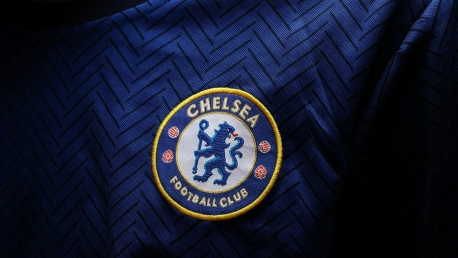Chelsea Football Club’s financial tactics are drawing attention in the soccer community. Through an internal transaction, the club’s parent entity, Blueco 22 Ltd, offloaded the Millennium and Copthorne hotels to its affiliated entity, Blueco 22 Properties Ltd. This strategic asset shuffling cut Chelsea’s sizable annual loss nearly in half, from £166.4m to £89.9m. Such a move is significant because it ensures the club’s adherence to the Premier League’s Profitability and Sustainability Rules (PSR), which stipulate that a club’s losses must not exceed £105m across three consecutive years. By ostensibly slashing their financial deficit, Chelsea remains on the safe side of these regulations, although this has sparked conversations concerning the ethics and transparency of such financial practices in professional football.
Fair Play or Foul?
While Chelsea’s actions are technically within the rules, their financial play has raised more than a few eyebrows. The hotel transaction has been subject to scrutiny, with questions surrounding the adherence to the associated ‘fair market value’. Other Premier League clubs have reacted with everything from exasperation to stark curiosity. Unlike Everton and Nottingham Forest, who faced sanctions for breaching the PSR, Chelsea’s navigation of the regulations’ grey areas has kept them out of immediate trouble.
The Valuation Verdict
In the world of Premier League football, where fairness is paramount, there are stringent rules regulating transactions between related parties to maintain competition integrity. These rules mandate that any such dealings, including Chelsea’s recent £76.5m hotel sale, must reflect fair market value to prevent any undue advantage. Should subsequent evaluations find that the hotel’s worth has been overstated, it could spell trouble for Chelsea’s observance of financial regulations. However, the club remains assured, having engaged independent assessors and detected no valuation discrepancies thus far. The impending decision by league authorities on the fairness of the valuation will be crucial. It will reveal whether Chelsea’s financial maneuvering represents a shrewd compliance with the rules or a cunning exploitation of regulatory loopholes.









